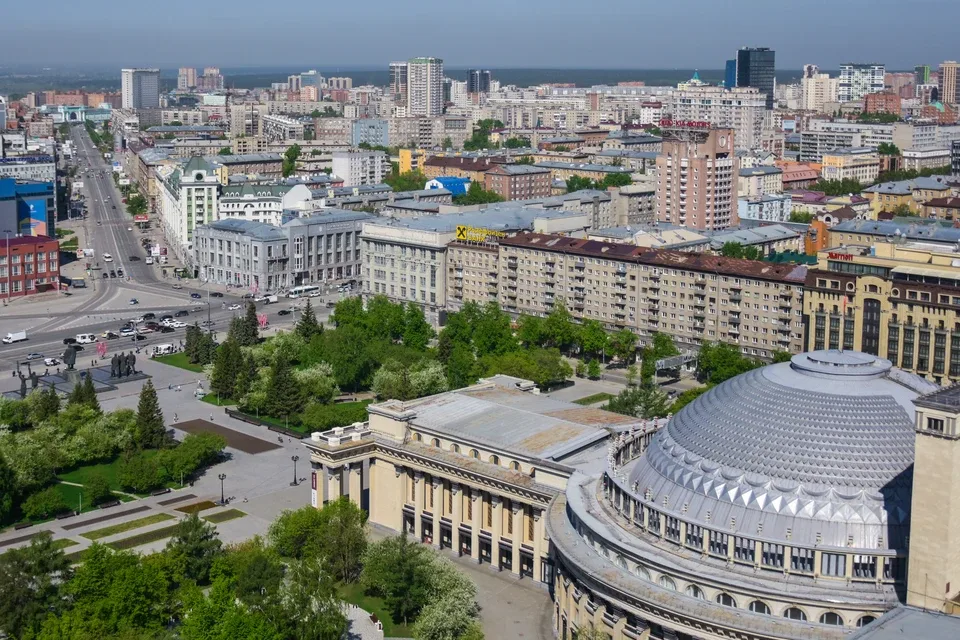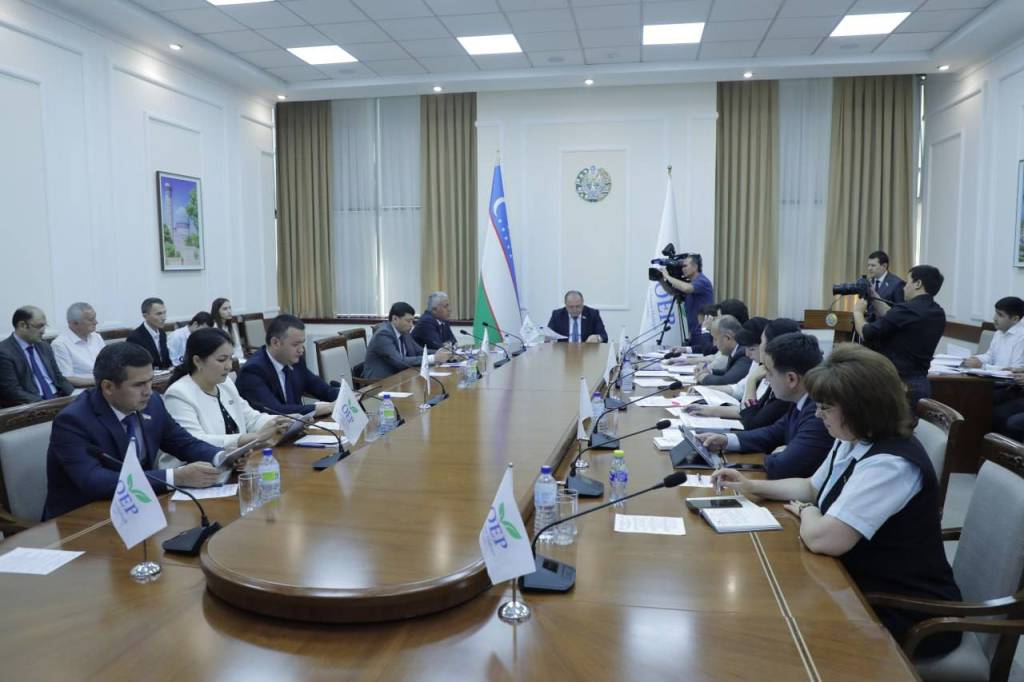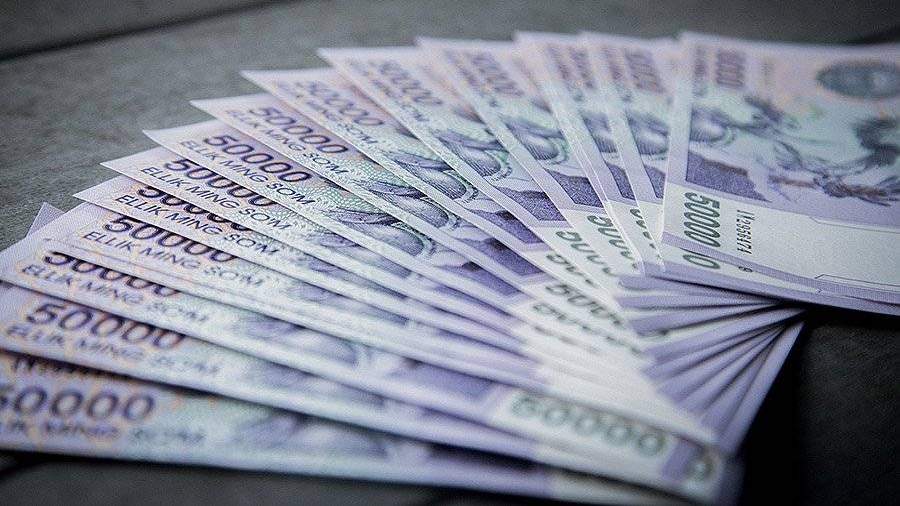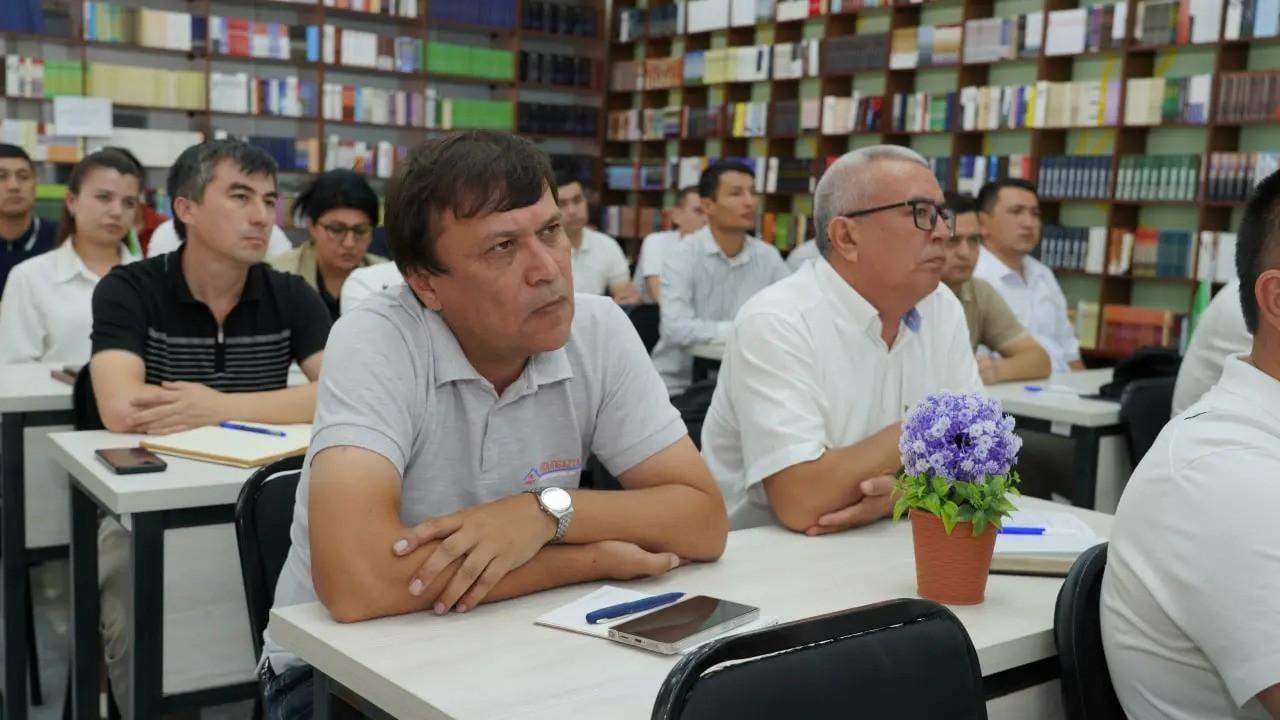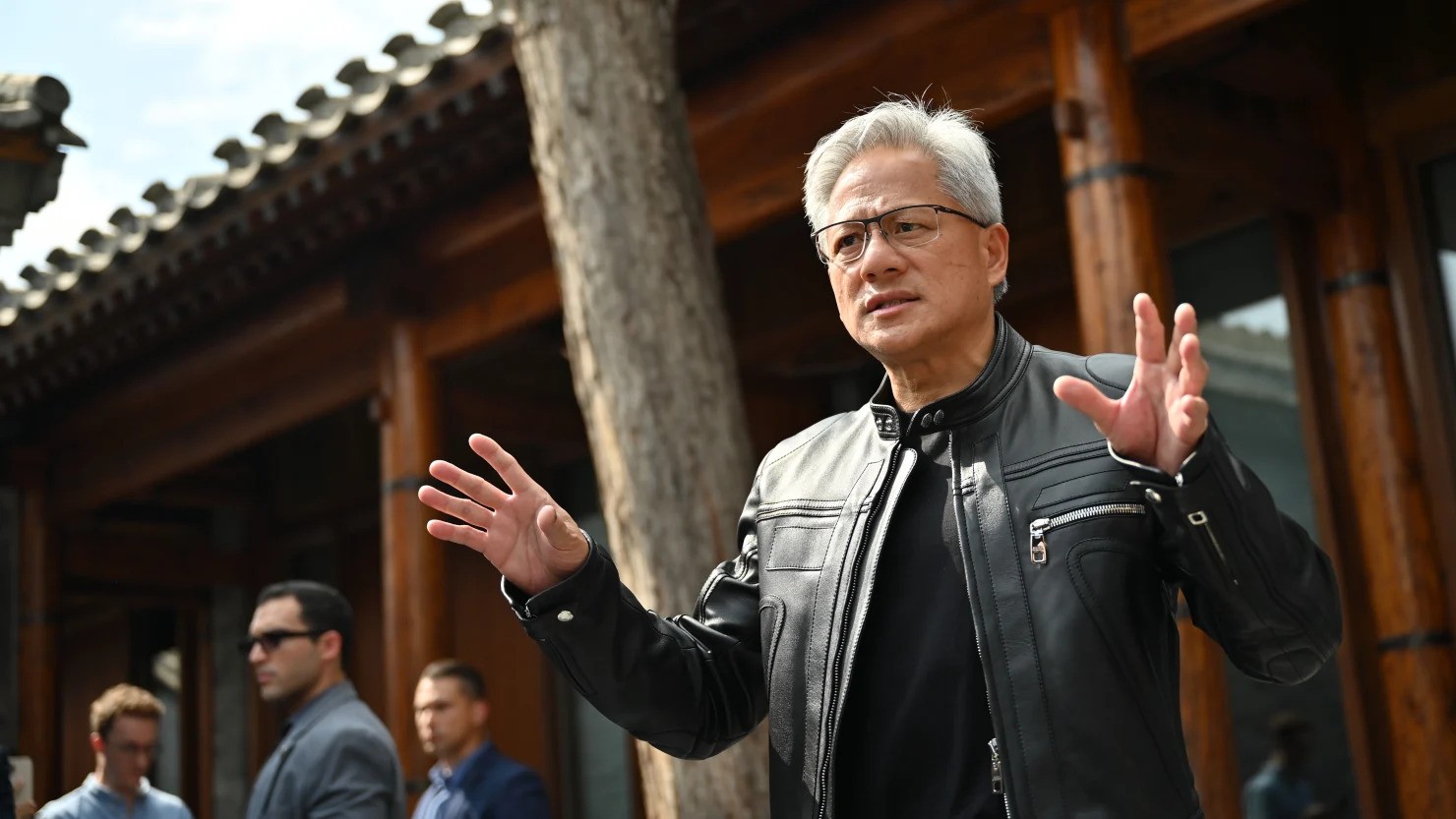China and the Central Asian states demonstrate a steady development of comprehensive cooperation, confirming the desire to create a community of common destiny. Since the establishment of diplomatic relations, China has been the first to recognize the independence of countries in the region and has built cooperation on the principles of mutual respect and support for key national interests.
Since 2013, Chinese President Xi Jinping has visited Central Asian countries eight times, including three visits to Uzbekistan. In 2023, the first China – Central Asia summit was held in Xi'an, where the Xi'an Declaration was adopted, which set a course for jointly building a community based on mutual support, common development and comprehensive security. The second summit in this format will be held in Astana in the near future.
The mechanisms of interaction between China and the States of the region are becoming increasingly structured. The secretariat of the China – Central Asia mechanism is functioning, and interdepartmental groups are working in key areas-from trade and investment to agriculture, transport and security. An investment and financial platform has been created that supports the implementation of multi-level projects.
Economic cooperation shows significant results. The volume of trade turnover between China and Central Asian countries increased from $ 460 million at the time of the establishment of diplomatic relations to $ 94.8 billion. The China-Central Asia gas pipeline provided supplies of over 500 billion cubic meters of fuel. Construction of the China – Kyrgyzstan – Uzbekistan railway, which has become a new symbol of the Belt and Road Initiative, has begun. Projects in the field of green energy, agricultural technologies and water resources management are being actively implemented.
Humanitarian exchanges are taking on a new dimension. The Central Asian countries support the Global Civilizational Dialogue initiative. Dozens of agreements on twin cities have been signed between the regions. The introduction of a visa-free regime between China and Uzbekistan has contributed to the growth of tourist and business trips. Joint humanitarian projects, including medical assistance, were highly appreciated.
Security cooperation is also developing. China and Central Asian countries are strengthening coordination in the fight against terrorism, extremism, and transnational crime, conducting joint exercises and strengthening cooperation on the Afghan issue.
It is emphasized that the partnership between China and Central Asia is becoming an important factor for the stability and sustainable development of the region. The Chinese side reaffirms its commitment to implementing the agreements reached at the summits and will continue to promote infrastructure construction, digital transformation and the development of a green economy in the interests of the well-being of the people of all countries.

